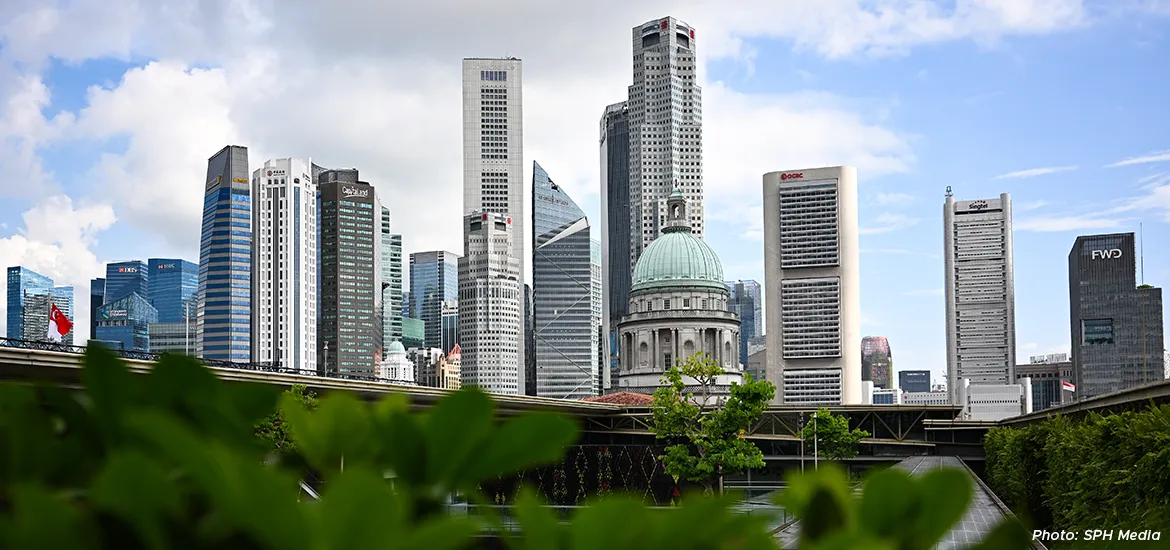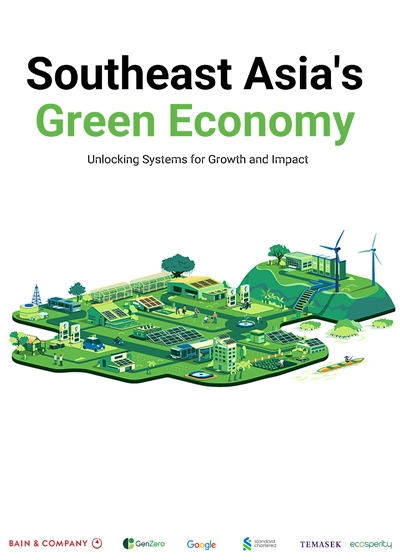An implementation agreement is a legally binding document that governs the international transfer of carbon credits between two countries.
Under the Paris Agreement – an international treaty adopted by 195 parties to limit global warming – countries can buy carbon credits generated in other jurisdictions to meet domestic climate targets to reduce emissions.
The Ministry of Trade and Industry (MTI) said in a statement that Singapore is committed to channelling funds, equivalent to 5 per cent of carbon credit transactions, towards measures that help Vietnam to adapt to climate change.
Under the pact with Vietnam, Singapore is also committed to cancelling 2 per cent of carbon credits authorised at first issuance. Neither Singapore nor Vietnam can claim the cancelled credits towards their own climate targets. Such a cancellation of credits ensures that overall emissions are gradually forced to taper down over time, instead of just being offset somewhere else.
Said Ms Fu: “The signing of this implementation agreement marks an important new area of cooperation between our countries and creates new opportunities in our transition to a low-carbon economy.
“I am confident that this agreement will catalyse the development of climate change mitigation activities that reduce emissions, foster more regional cooperation to address the pressing challenges of climate change, and open up additional pathways towards sustainable development.”
Mr Thang said the agreement will establish a framework that marks a “turning point” that will open up new climate finance opportunities in areas like clean energy and sustainable smart agriculture.
“We also hope Singaporean enterprises will actively cooperate and invest in projects in Vietnam to generate high-quality carbon credits that meet international standards,” he added.
Associate Professor Daniel Lee, director of the Carbon Markets Academy of Singapore at Nanyang Technological University, said the finalisation of the pact builds momentum for greater collaboration within the region.
“I’m confident there will continue to be more such implementation agreements within Southeast Asia,” he added, calling the deal a tangible sign that a regional ecosystem can be realised to support more impactful action that prevents or reduces greenhouse gas emissions.







